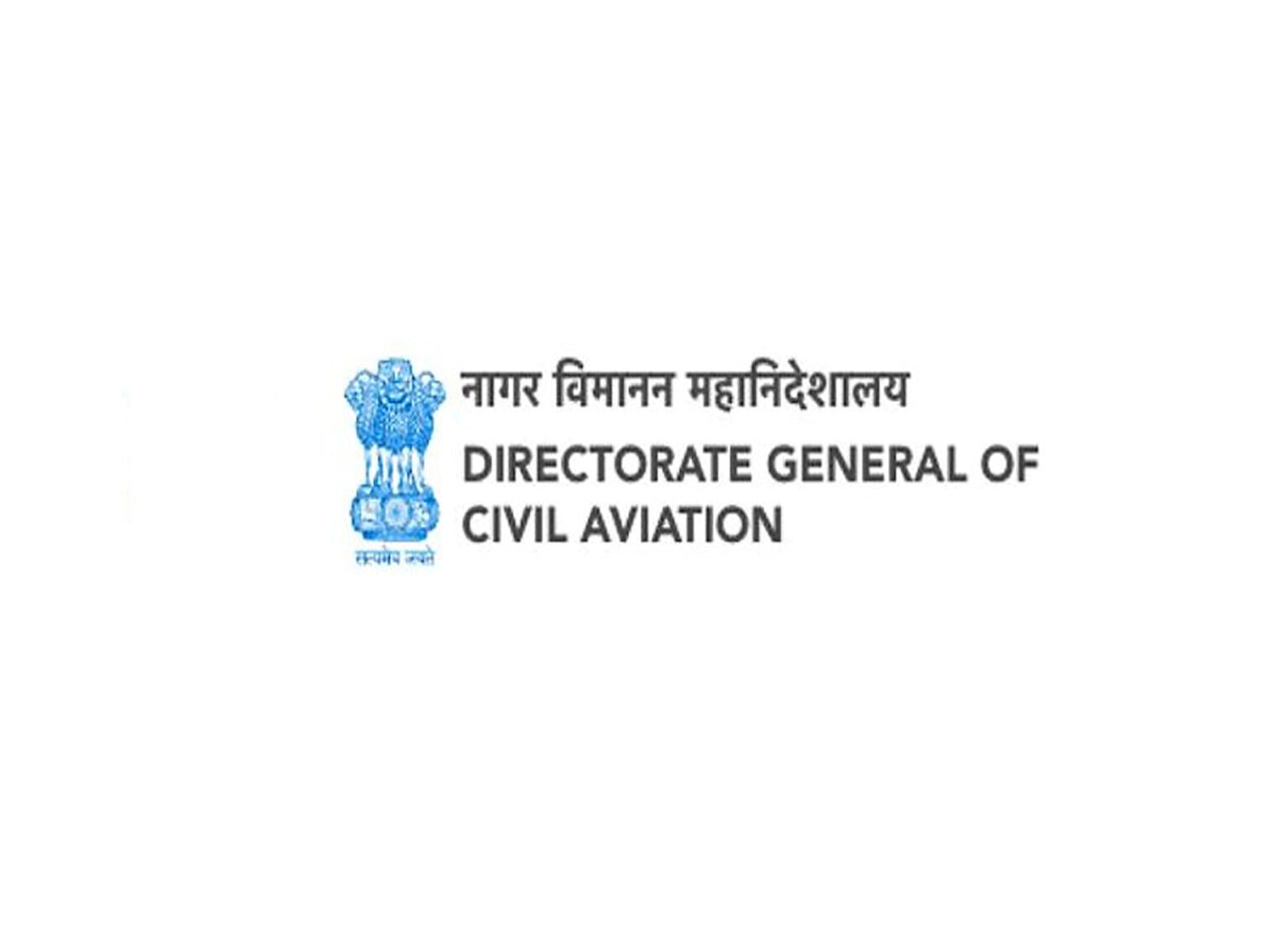Air travel has become an integral part of our lives, offering convenience and speed in getting from one place to another. However, as any frequent traveler knows, flights don’t always go as planned. Delays, cancellations, and other disruptions can occur, leaving passengers frustrated and confused. Fortunately, in India, the Directorate General of Civil Aviation (DGCA) has established a set of rules and regulations to protect the rights and interests of air travelers. In this article, we will explore the DGCA rules for passengers and how they can empower you to have a smoother travel experience.
Understanding the DGCA:
The Directorate General of Civil Aviation (DGCA) is the regulatory body responsible for overseeing civil aviation activities in India. Among its many responsibilities, one crucial aspect is ensuring that airlines and airports adhere to safety standards and regulations while also safeguarding the rights of passengers.
Key DGCA Rules for Passengers:
- Compensation for Flight Delays:
- Length of Delay Matters: The DGCA distinguishes between short and long delays. For short delays (up to 2 hours), airlines are typically not obligated to provide compensation. However, for delays exceeding 2 hours, compensation may be applicable.
- Compensation Amount: The compensation amount varies depending on the duration of the delay and the distance of the flight. Passengers can generally expect compensation ranging from ₹ 5,000 to ₹ 20,000 for domestic flights and higher amounts for international flights.
- Cancellation of Flights:
- When airlines cancel flights, they are obligated to provide an alternative flight or offer a refund to passengers. Passengers may also be entitled to compensation, depending on the circumstances and the notice provided by the airline.
- Denied Boarding (Overbooking):
- If you are denied boarding due to overbooking, the DGCA mandates that airlines provide compensation and offer you an alternative flight. The compensation amount depends on factors like the duration of the delay and the fare of the original ticket.
- Baggage Rules:
- The DGCA has specific rules regarding lost, damaged, or delayed baggage. Passengers have the right to claim compensation for such issues.
- Passenger Rights Charter:
- The DGCA has created a Passenger Rights Charter, which outlines the rights and responsibilities of air travelers. This document is a valuable resource for passengers to understand their entitlements when flying within India.
Why Knowing DGCA Rules Matters:
Understanding DGCA rules is essential for passengers for several reasons:
- Empowerment: Knowing your rights as a passenger empowers you to stand up for yourself when facing disruptions during your journey.
- Fair Compensation: DGCA rules ensure that passengers are fairly compensated for the inconvenience caused by flight delays, cancellations, or denied boarding.
- Smooth Travel Experience: Being aware of these rules can help you navigate disruptions with confidence, reducing stress and frustration when things don’t go as planned.
- Accountability: DGCA regulations hold airlines accountable for their actions, ensuring they follow established protocols and treat passengers with fairness and respect.
In conclusion, the DGCA rules for passengers in India are designed to protect the rights and interests of air travelers. Knowing these rules is crucial for a seamless travel experience and for ensuring that you receive the compensation and treatment you deserve when facing flight disruptions. As a passenger, it’s always a good idea to familiarize yourself with the DGCA’s guidelines and stay informed about your rights and responsibilities. By doing so, you can travel with confidence and peace of mind, knowing that you are protected by these important regulations.





